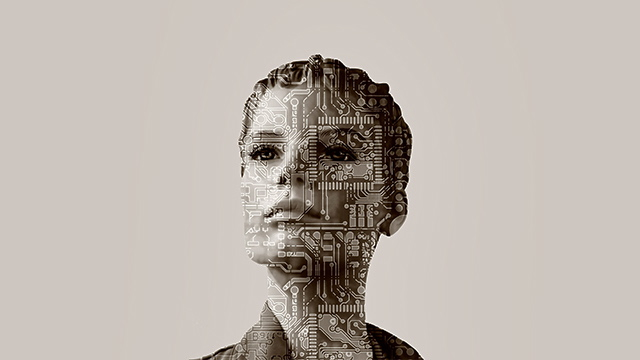IBM, Microsoft Execs Promote the Ethical Development of AI
January 19, 2017
Many in the artificial intelligence community have called for ethical guidelines for the burgeoning field, and IBM chief executive Ginni Rometty is the latest to add her voice, which she did at the World Economic Forum in Davos. MIT, Harvard and LinkedIn co-founder Reid Hoffman have established a $27 million fund to analyze the impact and implications of AI; the IEEE has proposed ethical guidelines; the Obama administration issued a report on AI’s impact on jobs; and Carnegie Mellon studies the future of AI.
ZDNet reports that Rometty addressed “responsible AI deployment,” noting that the technology “carries major implications” and that “many of the questions it raises are unanswerable today.”
She described three core principles: that IBM’s AI systems will focus on augmented human intelligence rather than replacing humans; that IBM will “detail when and for what purposes its AI will be developed and deployed,” as well as be transparent and protect data; and that “AI deployments need to consider the human side of the equation and help workers and citizens acquire skills needed to use new services.”
Microsoft chief executive Satya Nadella, explains Bloomberg, made the same point that his company and its competitors should avoid AI systems that “replace people instead of maximizing their time.”
“This year and the next will be the key to democratizing AI,” he said. Nadella is pushing AI at Microsoft for “consumer and industrial applications of software that can make inferences about its environment.”
Bloomberg notes that, “Microsoft suffered for a decade from a tendency to make stabs at technology it failed to propagate widely that ended up benefiting other companies — mainly Apple,” pointing to “tablet PCs, pocket computers and smartwatches in the early 2000s, and was selling software for cars in the 1990s.”
With regard to AI, Japan Airlines is now using Microsoft’s “holographic capabilities to simulate aircraft engines for training of repair technicians and to avoid costs of sending full repair crews to each broken plane.”
The company has also developed software to “protect staff who work in environments surrounded by robots,” and acquired a Montreal-based AI startup, Maluuba, that analyzes written content, “for example sifting through businesses’ documents to find experts in given fields.” Nadella has “reorganized the company’s research arm around AI” and its Azure cloud-computing services and tools already help developers build AI applications.
“We should be competitive there and we should be pushing there and we will be doing that,” he said. “Microsoft’s unique contribution beyond doing that is democratizing the access to the same tools that we use for ourselves so that every developer can use them to create their own intelligence.”
Related:
Microsoft Thinks Machines Can Learn to Converse by Making Chat a Game, Wired, 1/18/17


No Comments Yet
You can be the first to comment!
Sorry, comments for this entry are closed at this time.